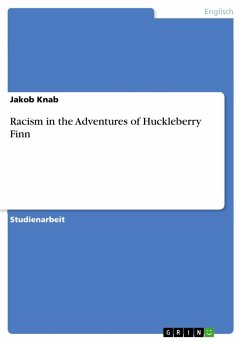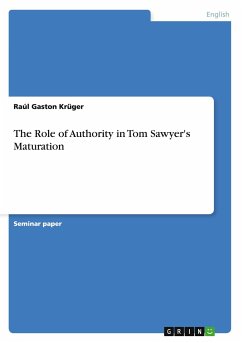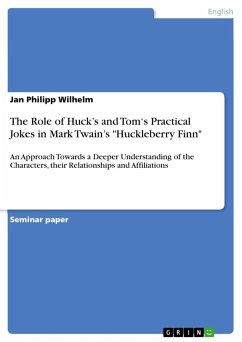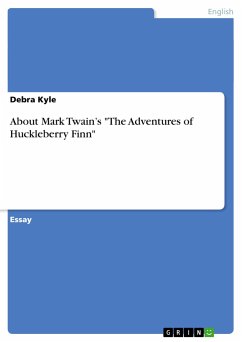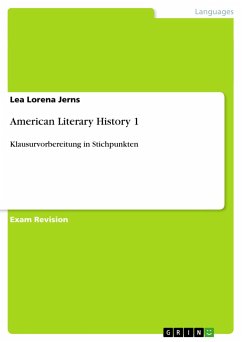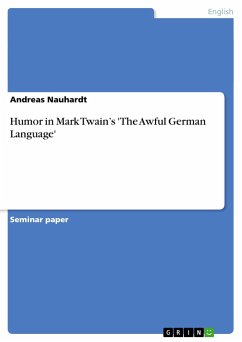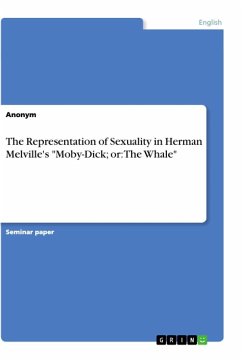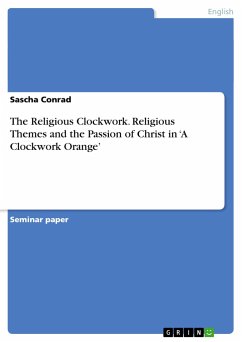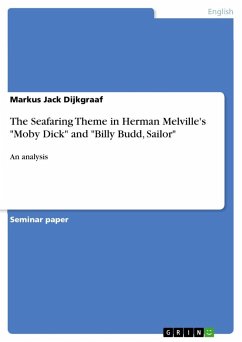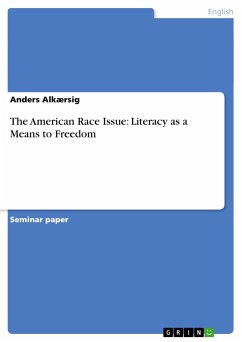
The American Race Issue: Literacy as a Means to Freedom

PAYBACK Punkte
0 °P sammeln!
Seminar paper from the year 2011 in the subject American Studies - Literature, University of Copenhagen (American Studies), language: English, abstract: The subject of 'race throughout American history' has evolved around has evolved around and run up against innumerable variables. One could choose, for example, to investigate the race issue's relationship to labor market developments or any other equally important topic. However, due to the nature of the course, American History and Literature, of which this paper marks the ending, it is a natural consequence that this paper seeks to enquire ...
Seminar paper from the year 2011 in the subject American Studies - Literature, University of Copenhagen (American Studies), language: English, abstract: The subject of 'race throughout American history' has evolved around has evolved around and run up against innumerable variables. One could choose, for example, to investigate the race issue's relationship to labor market developments or any other equally important topic. However, due to the nature of the course, American History and Literature, of which this paper marks the ending, it is a natural consequence that this paper seeks to enquire into the race issue from a literary perspective. Again, hundreds of possible approaches present themselves to describe how the race issue has permeated literary history from the adoption of The Declaration of Independence in 1776 until now. This paper will approach literature's role in the race issue from two primary perspectives, namely that of Frederick Douglass' slave narrative in his Narrative of the Life of Frederick Douglass, an American Slave, and from that of Herman Melville's novella Benito Cereno. Rather than an actual textual analysis of the two authors' works, this paper will use them as tools to provide a glimpse of the nature of the race issue and to show how, in Frederick Douglass' case for instance, literacy does not equal freedom. The paper will attempt to investigate two separate perspectives of the race issue, namely, to present the living conditions of slaves as well as of liberated slaves in the 19th century through the works of, primarily, Frederick Douglass, but also Harriet Jacobs and to explore the racist mind of the white man through Herman Melville's Benito Cereno.





